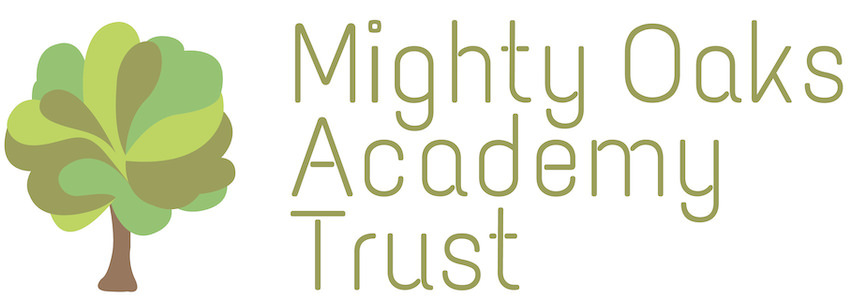Computing
INTENT
The intent of the our Computing curriculum is to:
- Develop a deep understanding of computer science, information technology, and digital literacy.
- Equip pupils with the knowledge and skills needed to thrive in the digital world.
- Foster curiosity, creativity, and resilience in problem-solving.
- Promote understanding of online safety and responsible use of technology.
IMPLEMENTATION
We follow the Purple Mash Framework to deliver the Computing Curriculum. This is a whole curricular, online resource that supports teachers with challenging subject areas or topics, whilst encouraging children to love learning.
This approach ensures a well-structured and coherent computing curriculum that incorporates all key aspects of computer science, information technology, and digital literacy. The Curriculum follows a logical progression, building upon prior knowledge and skills as pupils move through each stage of their education.
We ensure that learning objectives are clearly defined at each stage, allowing for a well-sequenced progression of concepts and skills. Teachers provide a range of planned activities that enable pupils to apply and consolidate their computing knowledge in practical and relevant contexts.
We encourage practical, hands-on activities to engage pupils in the subject. This includes opportunities for programming and coding, using a variety of age-appropriate software and hardware resources such as programmable robots or online platforms for coding projects.
We aim to promote cross-curricular links that allow computing to be integrated into other subjects. This encourages pupils to apply their computing knowledge and skills across different areas of learning, reinforcing their understanding and showcasing the relevance of computing in real-world scenarios.
We utilise technology in a purposeful and effective manner throughout the wider curriculum. Teachers demonstrate the benefits of using technology to enhance teaching and learning experiences, fostering pupils’ digital literacy and exposing them to a wide range of tools, applications, and online resources.
We adopt an inclusive approach to computing, ensuring that all pupils, including those with special educational needs and disabilities, have equal access to the curriculum. Teachers provide appropriate support and adaptations where necessary to enable all pupils to actively participate and make progress.
IMPACT
Pupils demonstrate a clear understanding of key computing concepts, and their progress is evident throughout their primary school journey. They show fluency in programming, problem-solving, and computational thinking, and are able to independently apply their skills to a variety of contexts while showcasing creativity and innovation.
Pupils develop a positive attitude towards computing, demonstrating resilience, perseverance, and confidence when facing challenges. They are aware of their rights and responsibilities when using technology, understanding both the benefits and risks associated with online activities. Pupils become responsible digital citizens who are conscientious in their online interactions and capable of protecting their personal information.
We aim to equip pupils with the necessary skills and knowledge for the digital world. By the end of KS2, we aim for them to be well-prepared to pursue further studies in computer science or related fields, or to apply their computing skills in a variety of future contexts. Pupils are empowered to become active participants in a digital society, with the potential to contribute to the ever-evolving field of technology.
We track achievement continually and over time with assessment for learning strategies in lessons, end of Unit tasks and a summative judgement made of the level the child is working at, which is used to inform future planning and fill any gaps in learning to stop children from falling behind.

